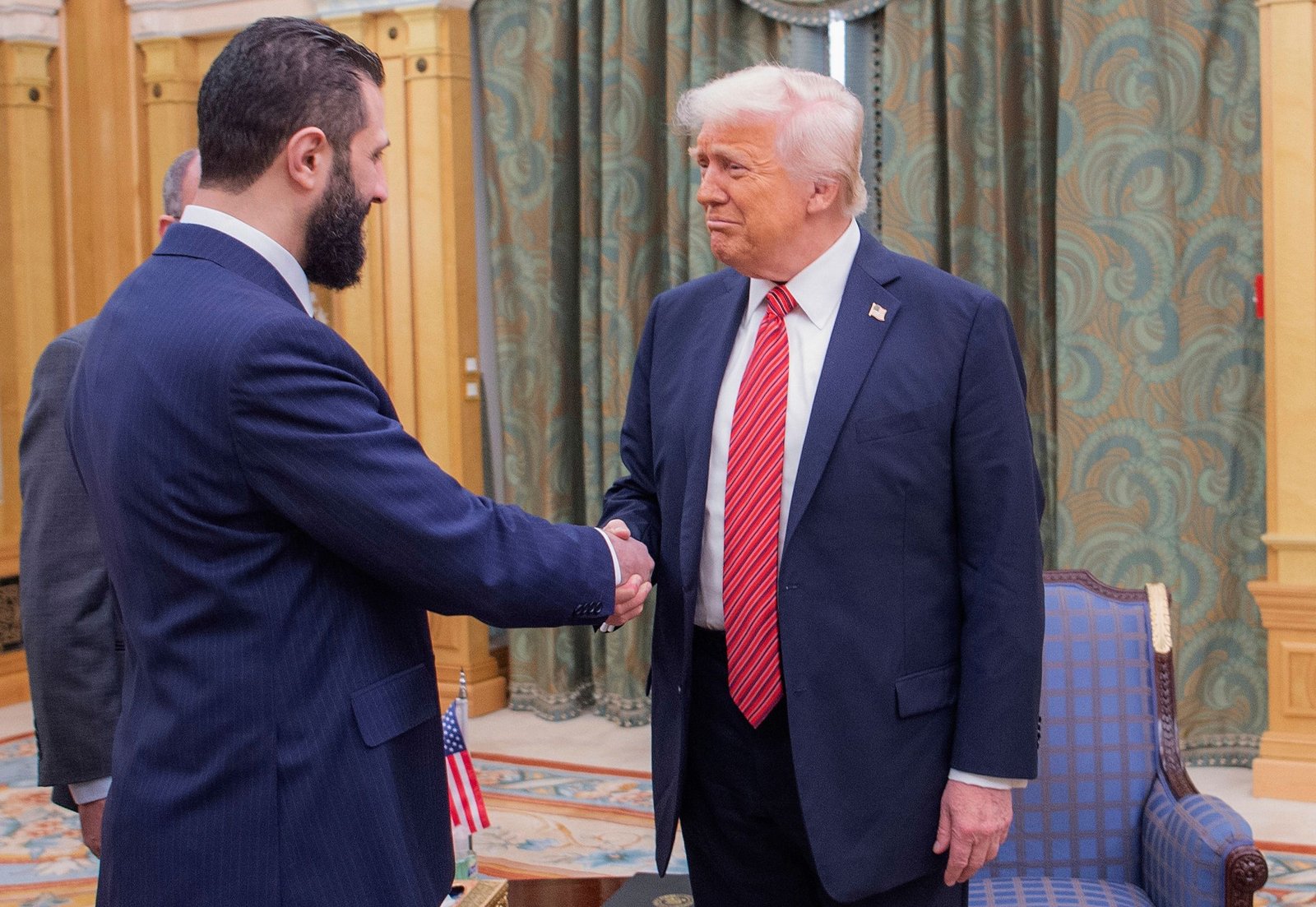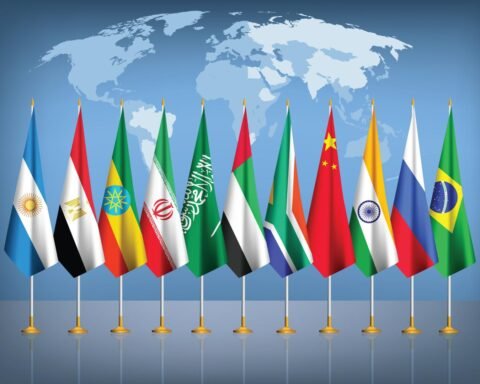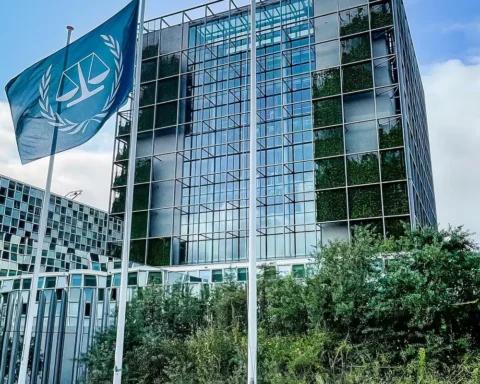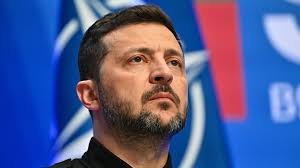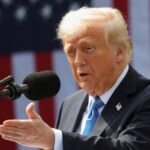The United States has lifted select economic sanctions on Syria, following a historic peace agreement aimed at stabilizing the war-torn nation and reintroducing it to the global diplomatic stage.
The announcement comes just weeks afterr U.S. President Donald Trump publicly hinted at the decision during a strategic visit to the Middle East, where regional security and trade dominated discussions.
According to Karoline Leavitt, the White House Press Secretary, the partial sanctions relief is intended to support Syria’s transitional government in its early efforts to foster peace, rebuild institutions, and reestablish ties with the international community.
“This is a gesture of goodwill, not amnesia,” Leavitt stated. “Sanctions are being eased to enable humanitarian access and civilian recovery—not to exonerate those responsible for past atrocities.”
The Syrian Civil War, which began in 2011 during the Arab Spring, has left more than 500,000 dead and displaced over 13 million people internally and across borders. Cities like Aleppo, Homs, and Raqqa became global symbols of destruction and humanitarian disaster.
Also Read; UK to Open Satellite Diplomatic Office in Dodoma
The recent removal of President Bashar al-Assad from power in December 2024 has sparked a wave of diplomatic momentum. His ousting ended nearly a quarter-century of authoritarian rule and opened the door for a new, internationally backed unity government.
Since then, Syria’s interim administration has lobbied major powers to ease sanctions, citing urgent economic needs and a desire to restore diplomatic relations with bodies like the Arab League, European Union, and the United Nations.
According to the U.S. Department of the Treasury, the lifted restrictions include:
- Unfreezing of non-military financial transactions
- Limited trade in civilian goods and infrastructure equipment
- Reopening of aid corridors for humanitarian agencies
- Permission for international banks to conduct due diligence in Damascus
However, existing sanctions on individuals and entities tied to Assad, including those accused of war crimes and chemical weapons use, will remain in effect.
“There will be no forgiveness for perpetrators of atrocities,” said a senior U.S. State Department official. “But we must also recognize and support those pursuing peace.”
Reactions have been cautiously optimistic. The Arab League, which suspended Syria’s membership in 2011, has praised the U.S. for encouraging reform. Gulf nations such as the United Arab Emirates and Oman have already reopened embassies in Damascus.
Meanwhile, the European Commission and the UN Special Envoy for Syria are closely monitoring the situation. Both have called for tangible reforms before considering any coordinated easing of European sanctions.
On the ground, the atmosphere in cities like Latakia and Damascus is reportedly more hopeful than in recent years. Businesses have reopened. Young professionals are once again applying for passports. However, the scars of conflict remain.
“We are still healing, but this decision gives us hope,” said Amina, a schoolteacher in Homs. “It means the world hasn’t forgotten us.”
The path forward for Syria will depend not only on external diplomacy but also on internal reconciliation, economic reform, and transparency. Analysts warn that the international community will be watching closely for signs of real change.

